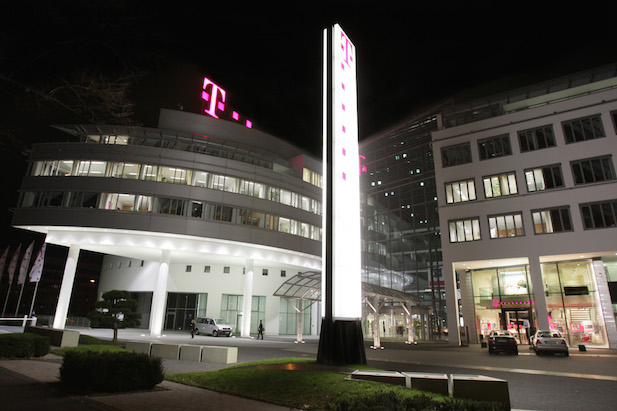Deutsche Telekom has said it will accelerate development of narrow-band IoT (NB-IoT) technology, after the 3GPP standards body signed off on plans last week for the first set of 5G specifications.
The 3GPP standard specifications pave the way for the introduction of NB-IoT from 2017.
The German telecoms firm’s new ‘NB-IoT Prototyping Hub’, at its hub:raum facilities in Berlin and Krakow, will help to kick-start the technology by bringing customers and developers together, and also provide industrial sectors with the know-how to build flexible and scalable NB-IoT applications.
Deutsche Telekom said it will provide developers with a starter developer kit and relevant support via the new facility.
“Our aim is to provide our customers with IoT solutions that work worldwide based on international standards,” said Bruno Jacobfeuerborn, Chief Technology Officer at Deutsche Telekom. “The NB-IoT technology is a future-proof and reliable solution that supports international operations and will enable a meaningful and broad IoT ecosystem for our customers in the coming years.”
NB-IoT runs on existing operator networks in licensed spectrum, and provides wide area access for massive numbers of low powered IoT devices. It is especially optimised for the kinds of low-bandwidth applications that will underpin many smart city deployments.
Deutsche Telekom carried out the first implementation of pre-standard NB-IoT on a commercial network back in October 2015, and had been involved with 3GPP and GSMA groups to promote its global standardisation ever since.
In parallel, following the 3GPP Release-13 announcement, Huawei said it will launch a commercial NB-IoT solution in December. Huawei trialled pre-standardised NB-IoT with Vodafone in Madrid last month.



